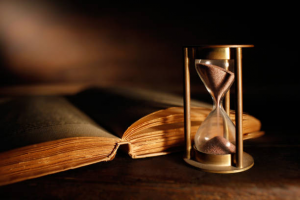
[iStock]
As the O levels near, the pressure is on as students push to complete their revision for their exams. This is especially so for History, which can be very time-consuming to study.
It is a subject full of memorisation, and you might feel that there is no way for you to complete your revision in time.
So here are 6 tips for a more effective and efficient history study session for these few days leading up to your History paper.
Take Notes
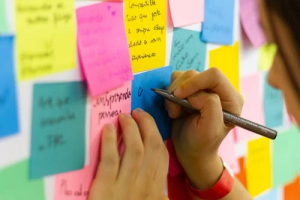
[Pexels]
During your revision, it is good to take notes as you cover each chapter. You can either jot down notes on flashcards, post-it notes or in a notebook, as long as the key points are summarised into one collection.
This makes it easier to scan through before your exam, and these notes make for a quick revision during your free time. It helps you save time, and it organises the information properly.
Create Colour-Coded Flashcards
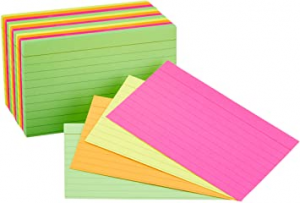
[Amazon]
Make sure to colour-code your flashcards. For example, you can use red for all the flashcards associated with World War II and blue for the ones on the Cuban Missile Crisis.
Using a different colour for every chapter or event makes it easier for you to refer to. If you need to find information on just World War II, just go back to the red flashcards, this saves you time from flipping through flashcards that contain other information .
Note Down Key Information
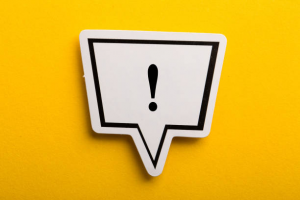
[iStock]
It is crucial to note down key information when taking notes. But because there are many details and perspectives, picking out the important bits can be tough.
Here is a template you can use to organise information:
1. Name of the event
2. Location
3. Date(s)
4. Important people
5. Turning points (make sure to add dates of turning points)
6. Any significant details
This keeps your notes short and organised, making your study and revision sessions more efficient and time-saving.
Watch Videos

[Monomousumi]
One of the best ways to study history is by watching videos. After all, videos pack in a lot of information and present them to you in an engaging and memorable way.
TV shows like ‘Saving Private Ryan’ or ‘Band of Brothers’ are great historical shows. But take it with a pinch of salt because some events are not historically accurate. Instead, here are some shows I recommend that contain accurate information:
1. World war 2 in colour (Netflix)
2. From Victoria Street to Ang Mo Kio (Netflix)
3. Days of Rage (Channel News Asia)
4. Horrible histories (YouTube or Hulu)
5. Oversimplified (YouTube)
6. Ted-Ed videos (YouTube)
Make a Timeline
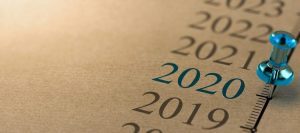
[Adobe Stock]
There are many dates you need to study for history. Dates for policies, turning points and specific events. This can be difficult to remember, especially when many of them overlap.
So draw a timeline and write down every event that happened under the various dates. This arranges the events sequentially in chronological order, making it easier for you to remember.
Practise Past Exam Papers
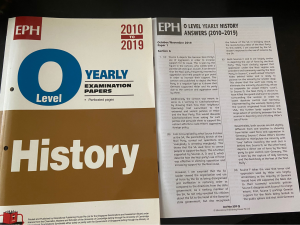
[Carousell]
The best way to test your knowledge and get used to an exam environment is by practising past exam papers, be it school papers or your Ten Year Series (TYS).
Time yourself and complete the paper. Once you’re done, mark it and revise the chapters of the questions that you didn’t get full marks for. This way, you can focus on the topics you need to improve on, which patches up the gaps in your learning.
Conclusion
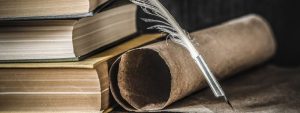
[Shutterstock]
During the exam period, you need to make your study sessions effective and efficient so that you have enough time to complete your revision for all subjects. But when it comes to studying history, it can be difficult because of the heavy memorisation.
I hope these tips are useful in making studying history more efficient for your preparation for the History papers. Good luck!
